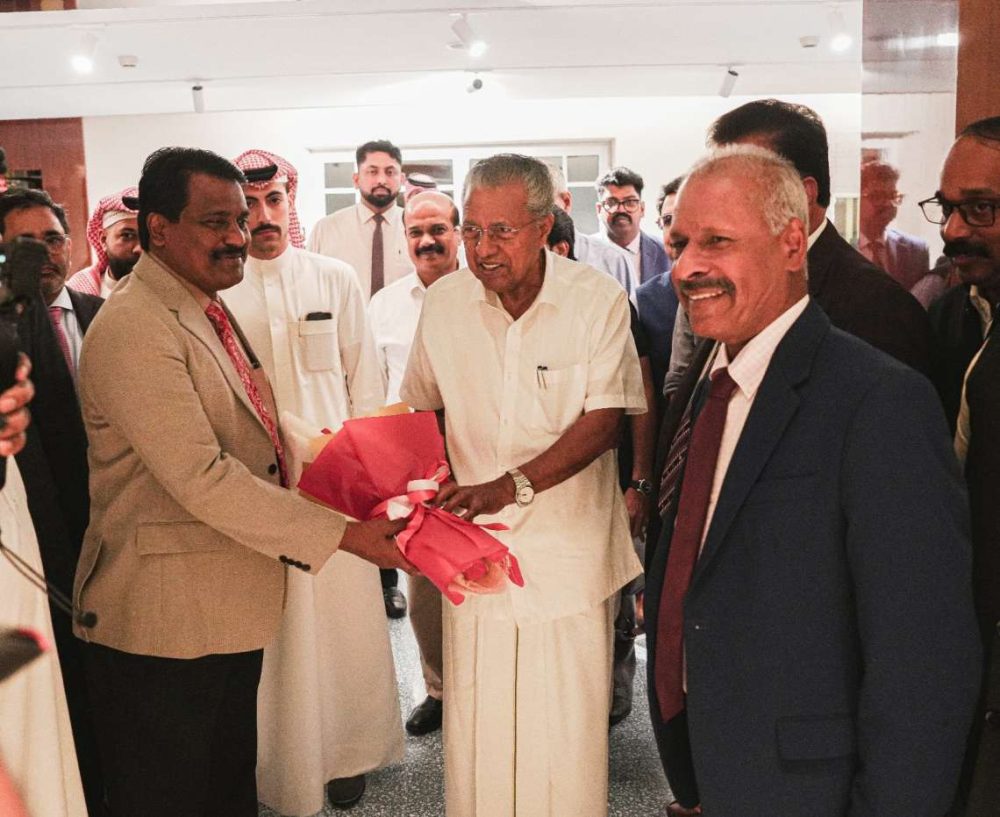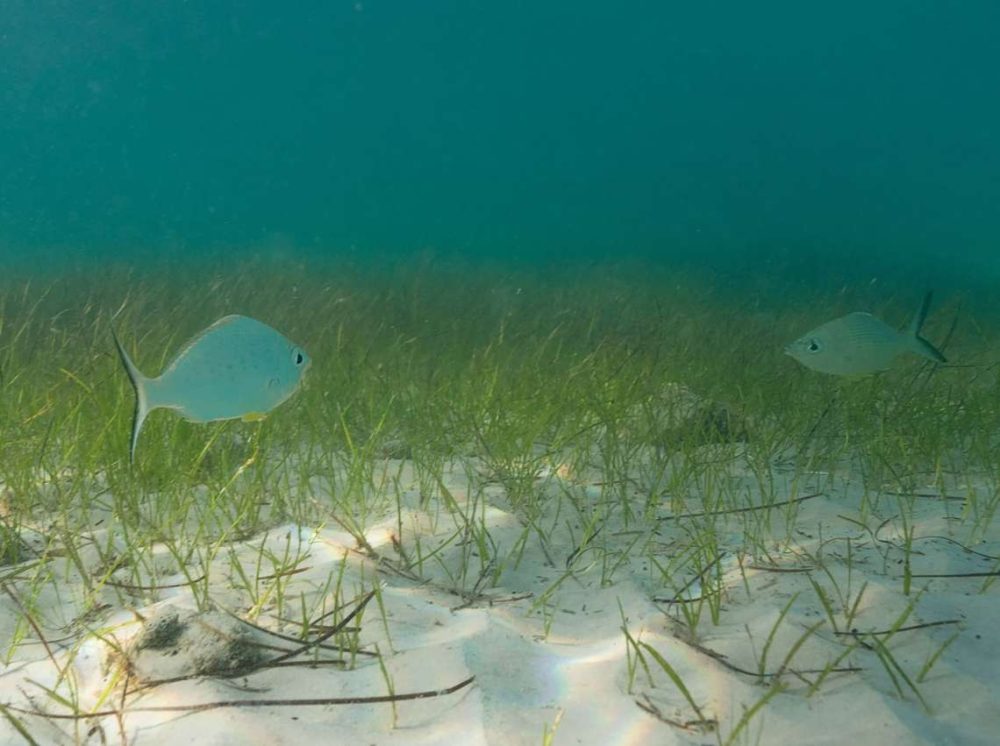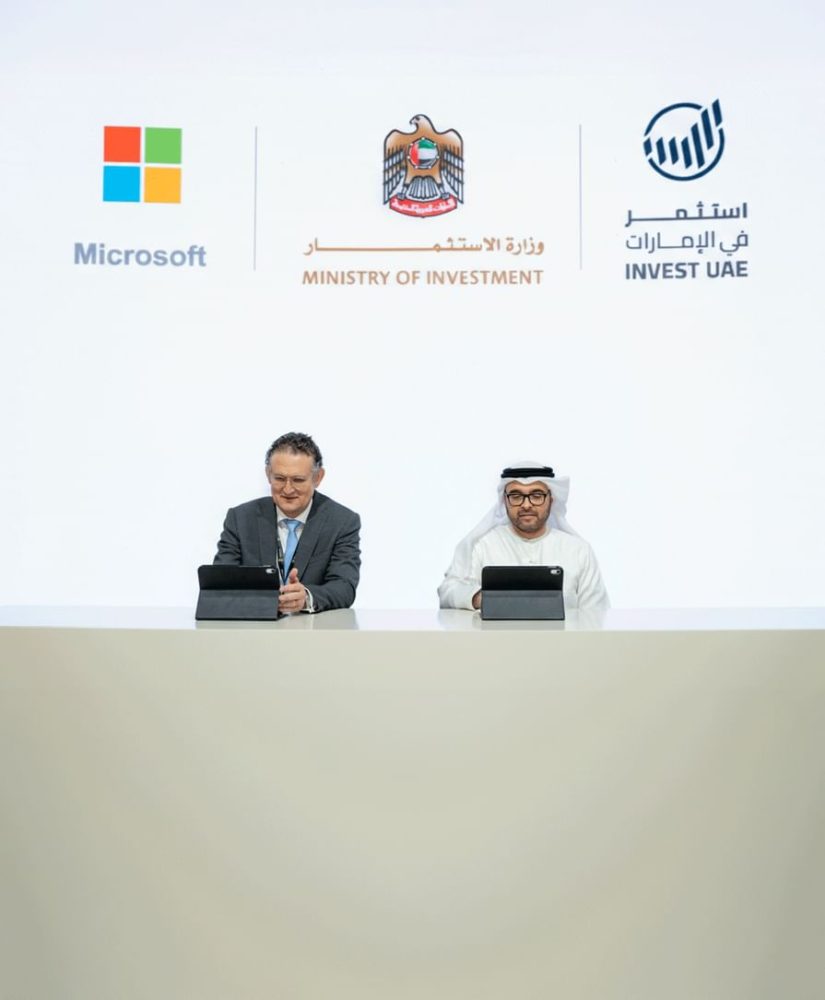Both parties discussed potential cooperation in regulatory aspects related to nuclear safety, nuclear security, nonproliferation, legal and regulatory framework, emergency preparedness and response…reports Asian Lite Newsdesk
The Federal Authority for Nuclear Regulation, FANR, of the UAE and the Nuclear and Radiological Regulatory Commission, NRRC, of Saudi Arabia convened a meeting to explore and strengthen mutual collaboration.
Both parties discussed potential cooperation in regulatory aspects related to nuclear safety, nuclear security, nonproliferation, legal and regulatory framework, emergency preparedness and response.
The meeting was held as part of the bilateral agreement on the Peaceful Use of Nuclear Energy between the UAE and Saudi Arabia that was signed in 2019. FANR’s Director-General Christer Viktorsson and NRRC’s Chief Executive Officer Dr. Khalid A. Al Eissa presided over the meeting, attended by the senior leadership team of both sides.
The Saudi Nuclear and Radiological Regulatory Commission presented the status of its nuclear programme and regulatory framework. Meanwhile, FANR showcased latest updates with the UAE Peaceful Nuclear Energy Programme and following the operation of Unit 1 of Barakah Nuclear Power Plant.
FANR also briefed about its regulatory framework in terms of nuclear and radiological sectors in the UAE and efforts to protect the public, workers, and environment from radiation risks.

“We are delighted to meet with our partner, the NRRC of Saudi Arabia. We stand ready to provide necessary support to the NRRC and share with them UAE’s journey into building the peaceful nuclear programme as well as offering various training and workshops in this regard,” said Viktorsson.
Dr. A. Al Eissan thanked FANR for accepting such virtual meeting to look into future cooperation and expressed NRRC’s willingness to strengthen the cooperation by conducting a series of meetings to explore and identify detailed areas of cooperation, and formulating topical technical groups with emphasis on human capacity building, environmental monitoring, nuclear security, radioactive sources control, in particular, customs ports between KSA and the UAE.
Both parties also agreed to hold topical workshops and form working groups to exchange information and knowledge related to regulatory framework, radiation protection, nuclear safety and security as well as nuclear nonproliferation and emergency preparedness. It also agreed to discuss smart licensing systems and public communications.
The Saudi NRRC expressed its interest to participate in ConvEx-3, which will be hosted by the UAE in 2021. ConvEx-3 is the largest and most complex exercise conducted by the International Atomic Energy Agency and involves Member States and international organisations. It requires continuous, 24/7 operations for several days and tests arrangements for severe radiological and nuclear emergencies.
Also Read: UAE, France discuss defence cooperation
Also Read: UAE , Cuba discuss ways to enhance ties









